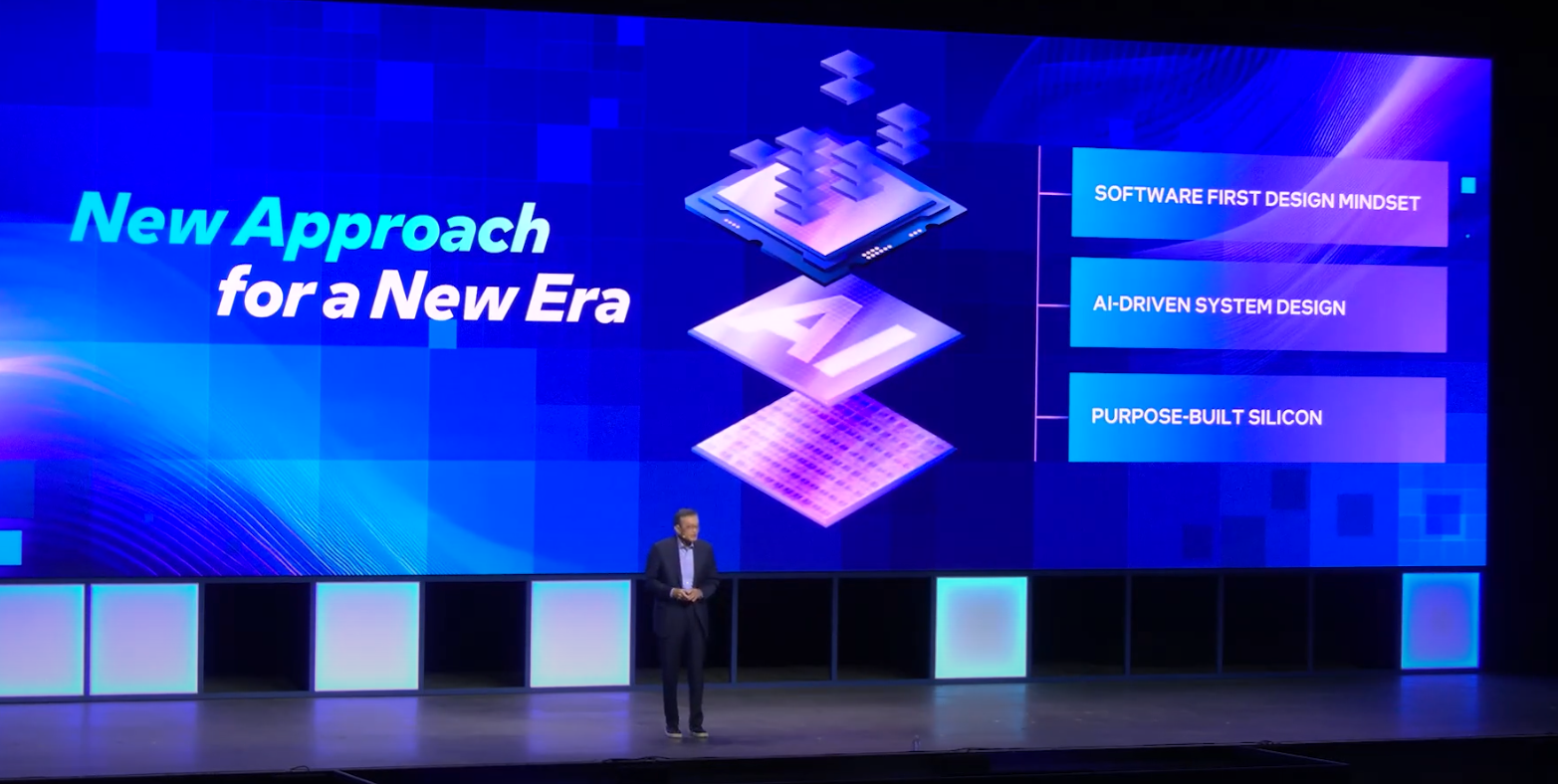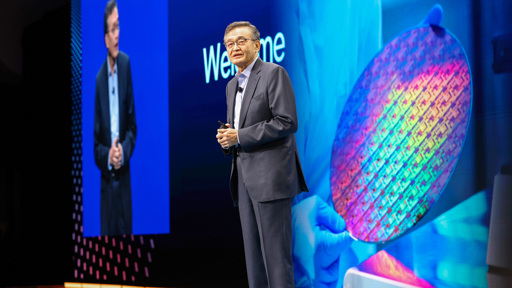Things are, once again, all shake-up at Intel. After a new CEO, tons of layoffs, an increased focus on the Foundry side of the business, and other changes, Intel is sticking on-brand and making even more changes, this time to executive leadership. And while the biggest news for many might be that Intel Products CEO Michelle Johnston Holthaus is leaving, what’s particularly interesting is the company is starting a new group that will focus on a new custom silicon business.
In addition to these two things, Intel also announced that Jim Johnson will lead the Client Computing Group (CCG), Kevork Kechichian from Arm will join to lead Intel’s Data Center Group (DCG), and Intel Foundry CTOO Naga Chandrasekaran will also cover Foundry Services.
The custom silicon business that’s perhaps of most interest is to be headed up by senior VP and Fellow Srini Iyengar. Iyengar joined Intel earlier in the year after being a Fellow at Cadence Design Systems, which is of note because Intel CEO Lip-Bu Tan was previously CEO of Cadence until 2021.
The new group will apparently be looking towards serving external customers: “Intel is also establishing a new Central Engineering Group led by Srinivasan (Srini) Iyengar, a senior vice president and Fellow. In his expanded role, Iyengar will lead horizontal engineering functions and build a new custom silicon business to serve a broad range of external customers.”
If it pans it, this could certainly be a good move for Intel. Hearing the words “custom silicon” for “external customers” in 2025 triggers obvious thoughts of AI, as well as chasing down TSMC’s foundry dollar. Data centres are increasingly gobbling up AI workloads and thus far Nvidia has been the company to reap the bulk of the rewards from that.

Intel CEO Lip-Bu Tan conducting a keynote address. (Image credit: Intel)
From his very first earnings call, Tan made it clear that Intel is going to look to cement itself in the AI market, although there’s been no definite word over what exactly that means. Now, there’s some reason to suppose that will mean custom AI silicon for data centers. Intel Foundry could certainly do with something of the sort to stake a bold new claim to after the past few years and especially months of troubled waters. But it really needs customers onboard.
No doubt extra incentive to push into Intel Foundry comes from the recent 10% buy-in from the US government, which is under the stipulation that Intel must own at least 51% of its Foundry for five years. In other words, there can be no back-up plan to scarper and sell.
As far as we’re concerned as PC gamers, it could be good news, too. Emphasis on “could” there, but a push into AI accelerators, for instance, would presumably give Intel a lot of R&D as well as actual GPU silicon to trickle down into its gaming division. Just like Nvidia with Blackwell and the RTX 50-series. Though I suppose that analogy should show us such a development might not necessarily spell any improvements for GPU prices. At any rate, changes are afoot.
From PCGamer latest via this RSS feed


